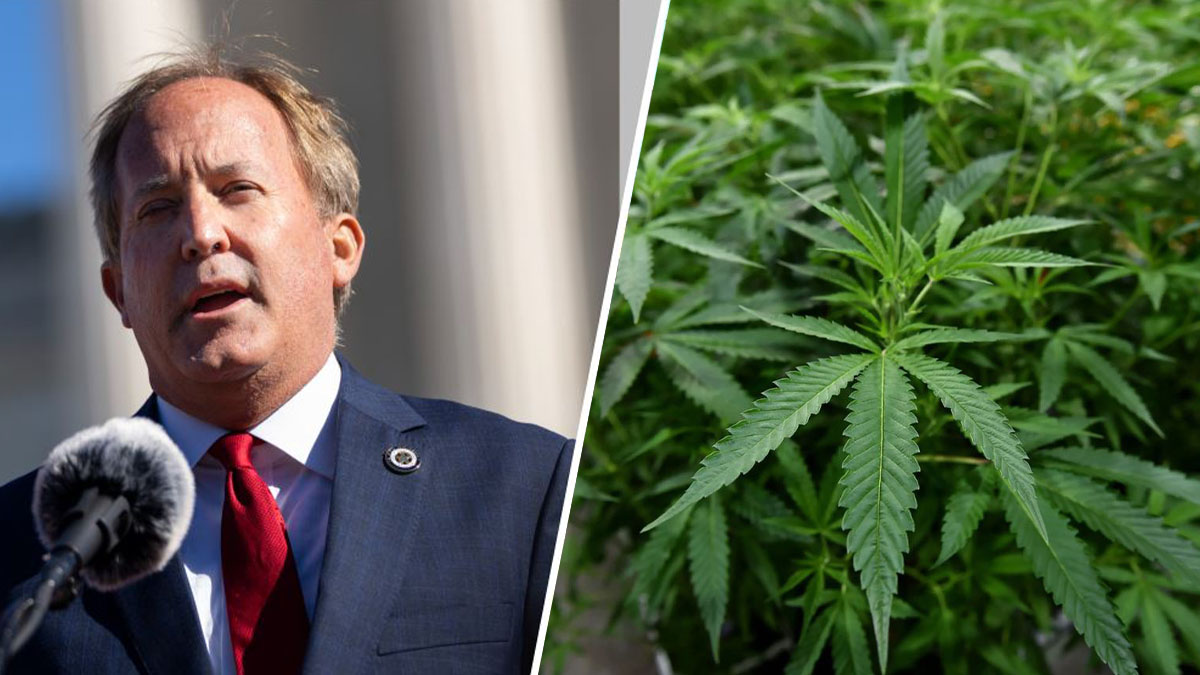While the crowd detained on the Margaret Hunt Hill Bridge waits to see if they’ll face misdemeanor charges for obstructing traffic, a group of attorneys has vowed to get any charges related to Monday night's protest dropped.
The scene from above the bridge did not fully capture the chaos and uncertainty for those below.
“It was a 100% peaceful protest. There was zero, zero vandalism, violence, looting,” Nick Edwards said.
Edwards was among hundreds of protesters who walked onto the bridge, only to be detained, identified and later released without being jailed or cited.
“I had one officer ask me my first and last name and my birthday and that was it,” he said.
Fellow protestor Shabriel Locke was among the crowd who marched from a peaceful rally at the Frank Crowley Courthouse toward West Dallas.
“They had guns drawn on us like right in our face and we had our hands up, we were being so peaceful,” she said.
Local
The latest news from around North Texas.
However, Locke faced a different encounter when she was questioned by police after she told officers her legally purchased gun was in her backpack.
“I said, 'Yes, I have this,'” she said, showing NBC 5 her Texas license to carry a handgun.
She said police took her firearm when they couldn’t immediately confirm her license in the system.
“[I said] please run it and make sure that you’re doing it properly and that’s when she [officer] came back and found out that it was legally registered,” she said.
Attorney Jasmine Crockett said she was assisting Locke in her ongoing effort to clear her name and have her gun returned.
Crockett has assembled 20 criminal defense attorneys determined to help anyone detained on the Dallas bridge.
“It’s the first time I’ve heard this level of panic and fear from so many people,” Crockett said.
“The protesters were warned not to take the bridge, they took the bridge, they were warned again to come off the bridge or arrests would be made,” Hall said.
Crockett said "at-large" charges typically happen when law enforcement can’t find the perpetrator, such as in a hit-and-run.
“So basically you charge somebody ‘at-large’ if you can’t find them,” she said. “And usually it’s a warrant.”
It is also used if someone is hurt in an incident or accident and it would be impractical to book them into jail.
“From speaking to persons that were on the bridge, they were saying that they wanted to charge them with ‘obstruction of a highway,’ which is a Class B misdemeanor, which means it’s not a citation,” Crockett said. “They could have done ‘pedestrian in a roadway’ which would have been a citation.’
She said, if convicted, protesters could face jail time.
Crockett said charges would come down to whether Dallas County District Attorney John Creuzot will accept the cases.
If charges are accepted, those detained could receive court summons in the mail.
Crockett vowed to defend anyone unfairly detained and charged in Dallas protests.
“Our advocacy does not start and end if you’re put in jail,” she said. “Our advocacy will not end until charges are dismissed until, if anyone who has been arrested during these protest that their actual records are expunged. We will fight this all the way to the end.”
For some awaiting their fate, Monday’s demonstration was well worth it.
“I was scared in the moment, but I would do it again in a heartbeat,” Edwards said.
As for whether the charges would be accepted by the district attorney, Creuzot's office provided a statement to NBC 5.
"The D.A. has never interfered with police agencies doing their job. Any cases that come into the D.A.’s office will be reviewed on a case by case basis."



